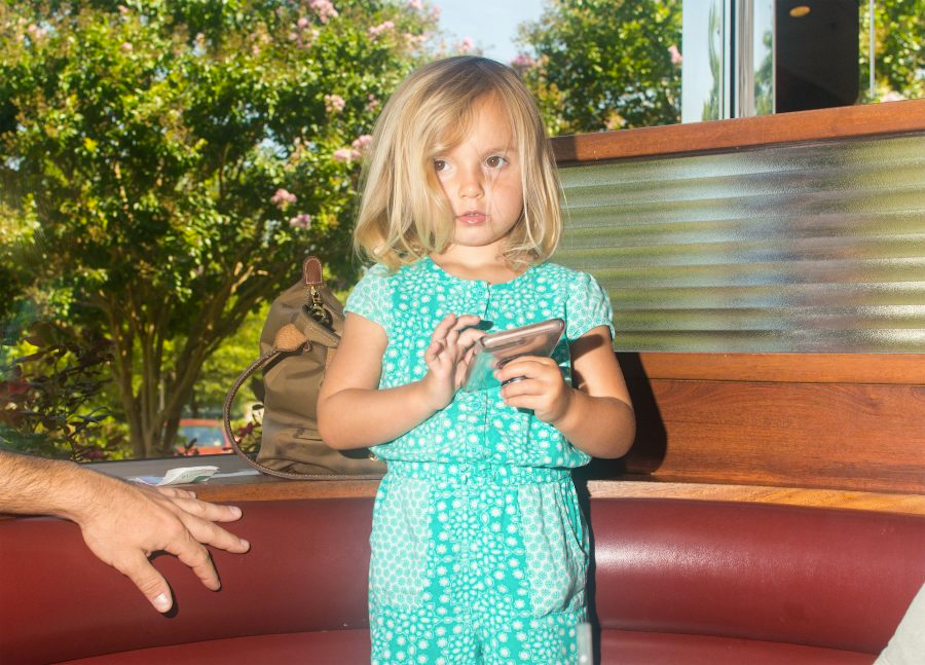
We Are Pi's Parenting Upgrade Research Debunks 'Screen-Time' Myth

Latest New Society Rules research report from We Are Pi named 'The Parenting Upgrade' challenges the idea that technology screen time for kids is universally problematic.
The report is based on expert interviews with thought leaders in child development, including Andrew Davenport, Creator of the Teletubbies, Jordan Shapiro, Author The New Childhood; Paulina Olsson, Founder Peppy Pals; Omo Moses, Founder, MathTalk; Zelda Yanovich- Founder, Human.dev.
Good parenting and technology have often been portrayed as enemies. In fact most people’s impression of the role of technology in parenting is as a ‘downgrade’, a way for parents to pacify their kids and get some downtime.
While there is truth to this, the research concludes that technology can also revolutionise parenting for the better. In this volume of New Society Rules, We Are Pi sat down with a range of child development experts to discuss the current state of parenting, the role of technology within the family and how it might enable a parenting upgrade.
The research unveils several important overall findings:
It’s time to leave the idea of 'screen time' behind
It’s an unhelpful phrase that groups the incredibly wide range of activities that children do online as if they were of equal merit. Online learning and exploring massive virtual worlds are not the same thing as watching hyper-stimulating cartoons on YouTube.
“Screen time is not optional anymore; it’s part of a well balanced life.” - Jordan Shapiro, author The New Childhood
Parents must stop rejecting their children’s digital worlds
These spaces are where kids are doing a lot of their growing up, and they need their parents to dive in alongside them to help guide them.
“Rejecting or dismissing it all as ‘screen time’ means missing out on all the amazing things kids are up to when they’re online. It’s beautiful to participate in your child’s digital life.” - Paulina Olsson, founder Peppy Pals
The digital world is a place to experiment and develop
Whilst children’s worlds are increasingly restrictive, they find their freedom online. Childhood is “low stakes” and technology gives children a chance to experiment. The key is ensuring it’s not a replacement of anything, but rather part of a well balanced life.
“Stories are an exercise of the mind." - Andrew Davenport, creator of the Teletubbies
The digital world could provide a more level playing field
“If you think about how much of your life is lived through digital technology, then you need to understand that kids need the access to experiment and to learn, and to be creative with it in a low-stakes environment. That’s what childhood is, childhood is the low-stakes time to try out different things” - Jordan Shapiro, author, The New Childhood
A series of innovators are moving into digital spaces to make sure they provide an incredible environment for every kid. Right not a digital access divide is hampering progress that could otherwise be a game changer for all types of vulnerable children.
“Augmented reality enables you to deepen the connection between math and the world around you.” - Omo Moses, founder, MathTalk
Technology needs to be designed around connecting and supporting families
Technology is a family experience woven into the fabric of everyday life. Done well, technology connects parents and caregivers with a support community; unlocks meaningful ways of engaging with their child; strengthens connection with the child’s network including teachers; and enables working from home.
“I’m excited to see how we create those shared experiences using technology as human-experience (HX) design takes root.” - Zelda Yanovich, founder, Human.dev














